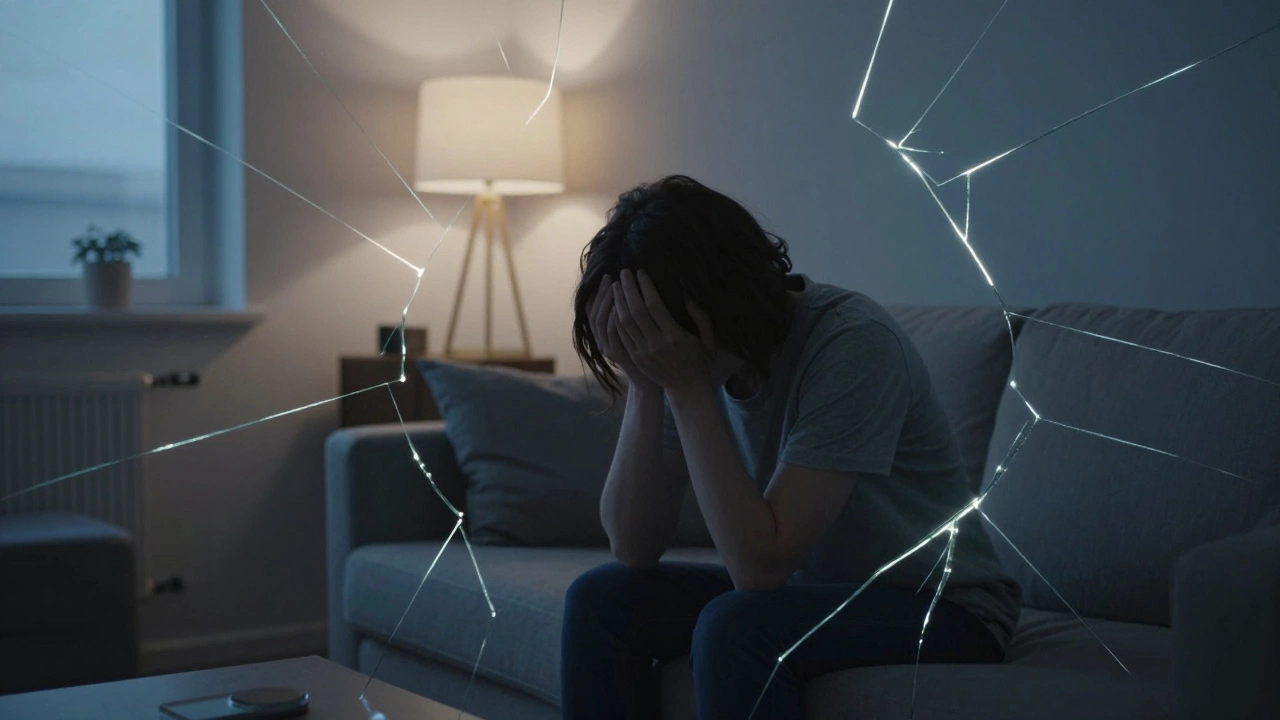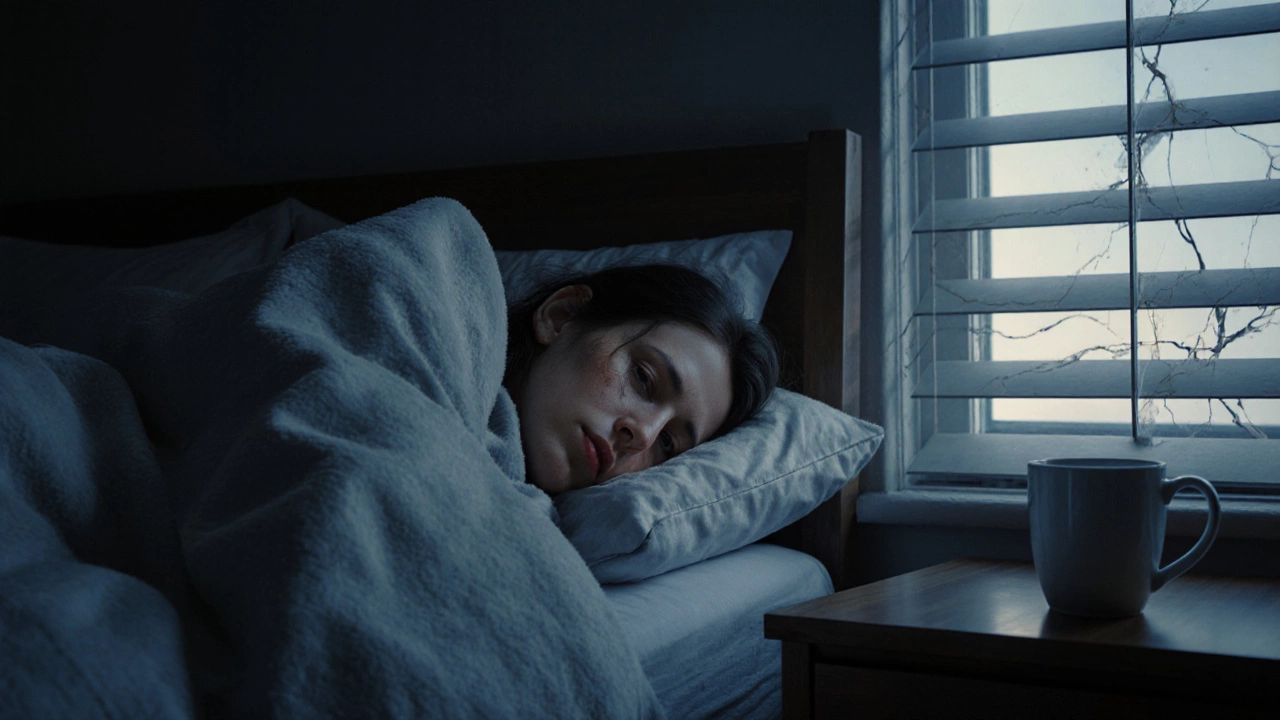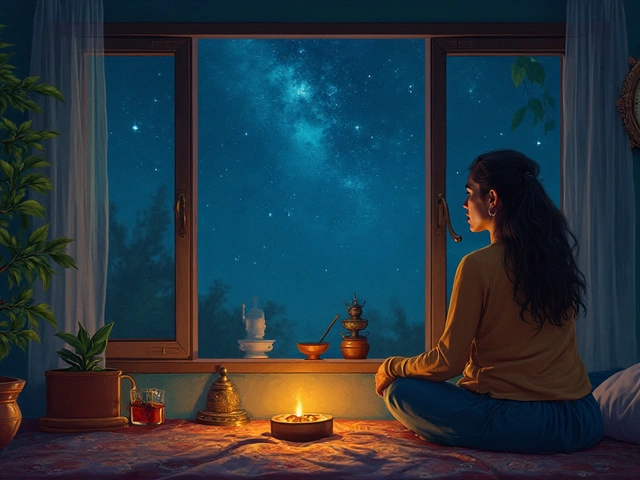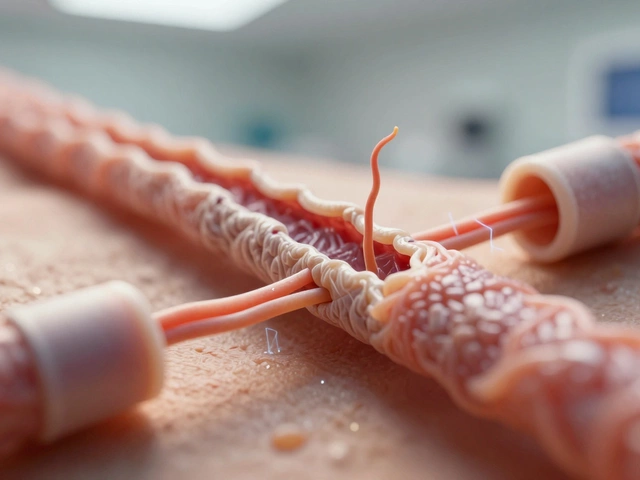OCD: Understanding Obsessive-Compulsive Disorder and How It Affects Daily Life
When someone says they have OCD, a mental health condition characterized by persistent, unwanted thoughts and repetitive behaviors. Also known as obsessive-compulsive disorder, it’s not about liking things tidy—it’s about being trapped in a cycle of fear and ritual that feels impossible to escape. People with OCD don’t choose to have these thoughts. They’re not quirks or habits. These are intrusive thoughts—mental intruders that show up uninvited and won’t leave, no matter how hard you try to ignore them.
OCD often pairs with anxiety disorders, a group of conditions where fear and worry become overwhelming and persistent. The compulsions—washing hands, checking locks, counting steps—are attempts to quiet the anxiety, but they only give temporary relief. It’s like trying to put out a fire with gasoline. The more you try to control it, the worse it gets. And while many assume OCD is just about cleanliness or order, it can show up as fears of harming others, taboo thoughts, or needing things to feel "just right"—even if there’s no logical reason.
What makes OCD so exhausting isn’t just the thoughts, but the shame that comes with them. Many people suffer in silence because they think they’re broken or dangerous. But the truth? OCD doesn’t define you. It’s a brain glitch, not a character flaw. Treatment works. Therapy like exposure and response prevention, a proven form of cognitive behavioral therapy for OCD can help rewire the brain’s fear response. Medication, support groups, and education are all part of the path forward.
What you’ll find below aren’t just articles—they’re real stories, clear explanations, and practical insights from people who’ve been there. From how OCD shows up differently in men versus women, to why therapy is more effective than willpower alone, to how it overlaps with other mental health struggles like depression and hoarding—this collection cuts through the myths and gives you the facts you need to understand, help someone, or take your first step toward healing.
What Are the 7 Types of Mental Disorders? A Clear Guide to Common Conditions
Learn about the seven main types of mental disorders-depression, anxiety, bipolar disorder, schizophrenia, OCD, PTSD, and ADHD. Understand symptoms, causes, and treatment options clearly and without stigma.
Read More






